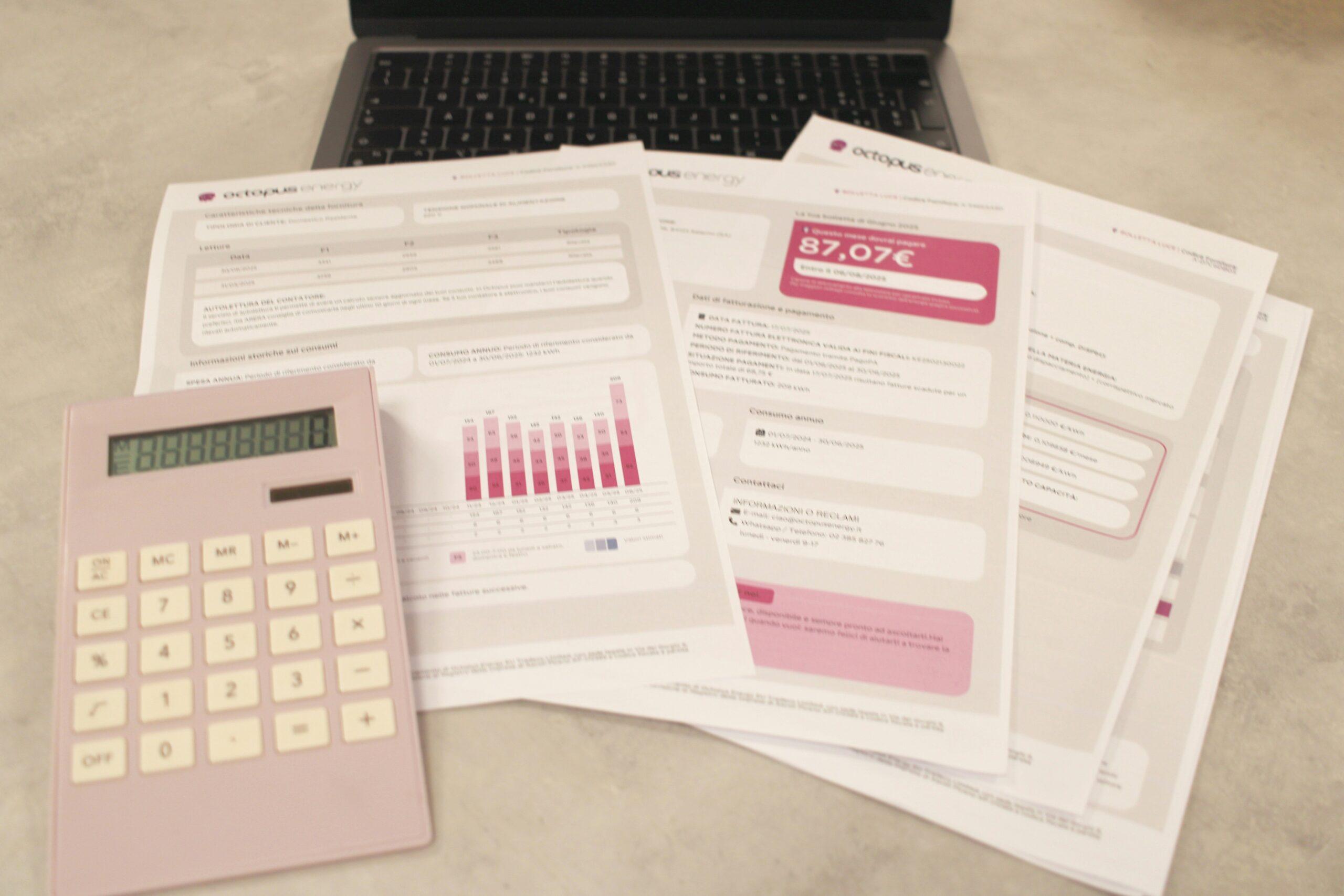Ever stared at your student loan statement, wondering if there’s any way to hit the pause button? If you’ve ever felt overwhelmed by mounting debt and tight budgets, trust me—you’re not alone. One lifeline many borrowers overlook is loan deferment, a financial strategy that temporarily suspends payments without damaging your credit score. But how does it work? When can you apply for it? And more importantly, what happens when it ends? In this guide, we’ll dive deep into Deferment FAQs while sprinkling in actionable tips, brutal honesty, and even some storytelling sass.
In this post, you’ll learn:
- What loan deferment actually means (and no, it’s not free money)
- When and why deferment can save your wallet
- The top questions borrowers ask about loan deferments—answered!
Table of Contents
- Key Takeaways
- Section 1: The Loan Deferment Lifecycle
- Section 2: How to Apply for a Loan Deferment (Step by Step)
- Section 3: Best Practices for Using Loan Deferments Wisely
- Section 4: Real-Life Decisions: Inside Student Loan Deferment Case Studies
- Section 5: FAQs About Loan Deferments
Key Takeaways
- A loan deferment allows borrowers to temporarily postpone payment obligations without penalty.
- Not all loans qualify for deferment; eligibility often hinges on specific criteria such as economic hardship or returning to school.
- Interest may still accrue during deferment periods, depending on the type of loan.
The Loan Deferment Lifecycle
Let’s start with the basics—what exactly is loan deferment?

Loan Deferment Process Visualized
Put simply, it’s an arrangement with your lender to delay making payments for a set period. Common reasons include unemployment, medical emergencies, or pursuing further education. Sounds great, right?
“Optimist You: ‘Finally, some breathing room!’ Grumpy You: ‘But wait—what happens after the grace period ends?’”
Here’s where things get tricky. While deferment buys time, interest might continue accumulating on unsubsidized loans. I once naively thought skipping payments meant freezing everything. Spoiler alert: It doesn’t. Lesson learned—the hard way.
How to Apply for a Loan Deferment (Step by Step)
- Contact Your Lender: Reach out directly via phone or email. Be prepared to explain your situation clearly.
- Gather Required Documentation: This includes proof of income loss, enrollment in school, or other valid reasons.
- Submit the Request Form: Most lenders provide online forms tailored for deferment applications.
- Monitor Confirmation Emails: Keep a record of communication in case disputes arise later.

Example Application Form for Loan Deferment
Best Practices for Using Loan Deferments Wisely
Borrow responsibly, friends. Here are three golden rules:
- Never Abuse It: Treat deferment like duct tape—not a permanent fix but a temporary solution.
- Pay Interest Voluntarily: Prevent future headaches by chipping away at accruing charges.
- Create a Post-Deferment Plan: Use the reprieve wisely to stabilize finances before resuming regular payments.
Rant Alert! Few things frustrate me more than seeing borrowers treat deferment like a “get out of jail free” card. Repeat after me: DO NOT IGNORE THE LONG-TERM REPERCUSSIONS.

Good vs Bad Habits for Managing Loan Deferment
Real-Life Decisions: Inside Student Loan Deferment Case Studies
Susan was drowning in medical bills from emergency surgery when she discovered her federal student loan offered deferment options. She applied promptly, reduced expenses elsewhere, and used the extra cash flow to recover financially.
On the flip side, Mark ignored his private loans’ fine print. Skipping payments without confirming deferment approval led to late fees and damaged credit scores—a cautionary tale indeed.
FAQs About Loan Deferments
Can Anyone Qualify for Loan Deferment?
Nope. Eligibility depends heavily on factors like loan type, reason for deferment, and individual circumstances.
Does Deferred Interest Capitalize Afterward?
For certain loans, yes. Unpaid interest gets added to principal amounts once deferment concludes.
How Long Can You Defer Payments?
Durations vary widely—from 6 months to several years based on programs and lender policies.
Conclusion
Navigating loan deferment requires careful planning and transparent communication with lenders. Whether you’re facing unexpected setbacks or seeking opportunities to refocus resources, understanding Deferment FAQs empowers smarter decisions. Remember: A short-term strategy never trumps long-term stability.
Oh, and one last note—as helpful as these guidelines are, always consult professional advisors before proceeding. Cheers to taking control of your financial future!
Chef’s kiss,
Your Personal Finance Pal 😉
*P.S.* Like Pokémon cards, loan agreements evolve constantly. Stay sharp!
Haiku Moment:
Defer wisely now,
Tomorrow’s balance grows fast,
Plan smartly—win big.


